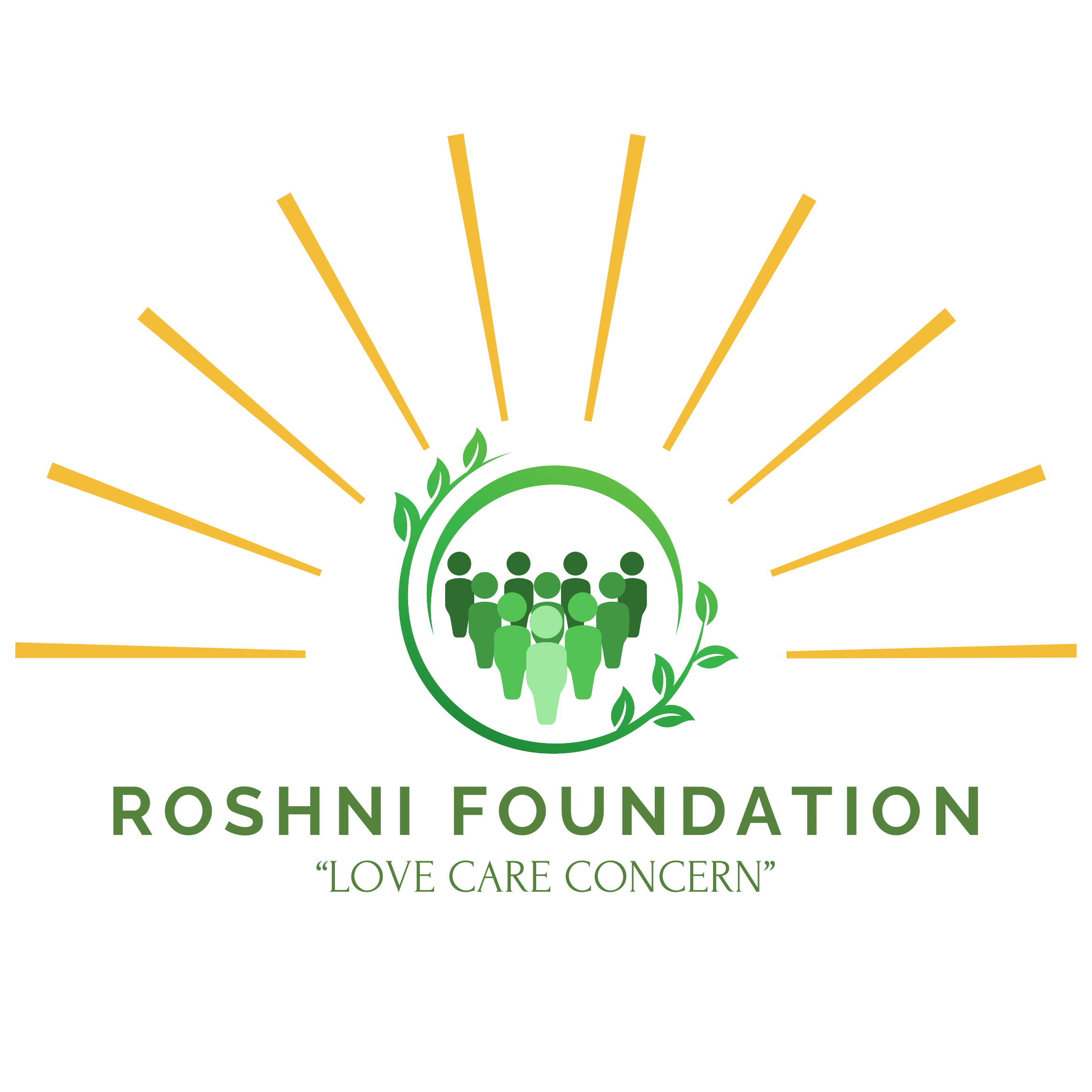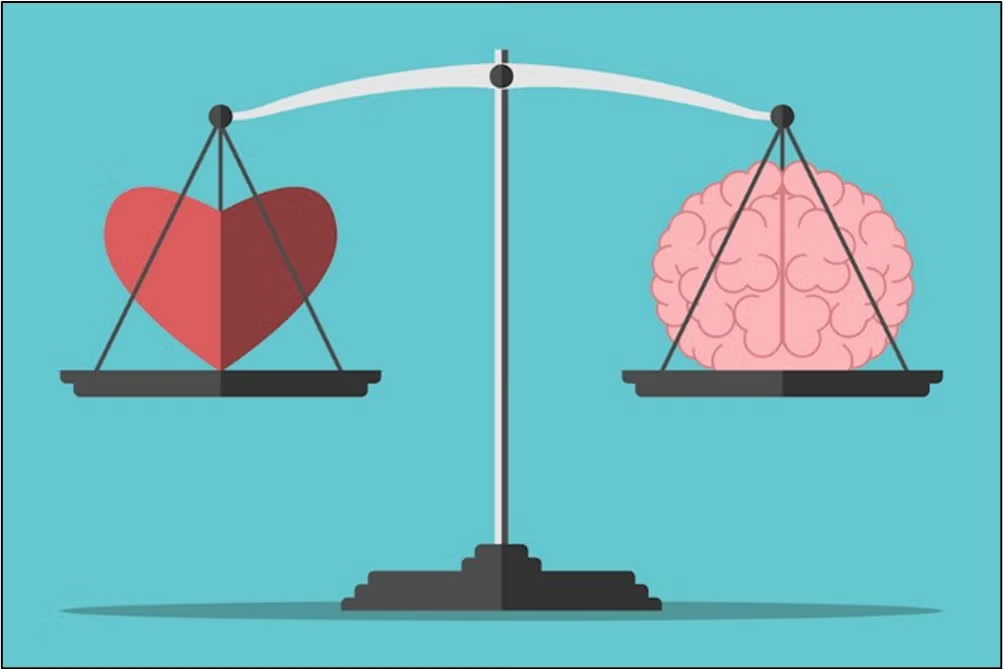Alcohol relapse prevention relapse is one of the most critical challenges in the journey of recovery. The risk of relapse doesn’t signal failure—it’s part of the healing process. With the right tools and support, individuals can confidently avoid setbacks and reclaim control of their lives.
At Roshni Foundation, we understand how difficult the recovery process can be. As a trusted name in Dehradun’s rehabilitation space, our mission is to provide a safety net for individuals trying to escape the cycle of addiction. Whether you’re newly sober or have years of sobriety behind you, alcohol relapse prevention must become a cornerstone of your lifestyle.

Understanding the Importance of Alcohol Relapse Prevention
Relapse doesn’t happen in a single moment. It’s a process that often begins emotionally and mentally before any alcohol is consumed. Alcohol relapse prevention is about recognizing the signs early, making lifestyle adjustments, and staying connected to a recovery plan.
For anyone in recovery, long-term sobriety requires a structured approach that focuses on managing triggers, setting boundaries, and developing coping skills. With alcohol relapse prevention, individuals are empowered to replace self-destructive habits with healthier alternatives.
Common Triggers That Lead to Relapse
Understanding what causes a relapse is a vital step in alcohol relapse prevention. Common triggers include:
-
Emotional stress – feelings of anger, sadness, or frustration.
-
Environmental cues – people, places, or things associated with past drinking habits.
-
Peer pressure – social gatherings or friends who still drink.
-
Overconfidence – believing you are “cured” and no longer need support.
By identifying these triggers, individuals can take proactive steps to avoid high-risk situations and adopt tools that strengthen their recovery mindset.
Proven Strategies for Alcohol Relapse Prevention
1. Develop a Personalized Relapse Prevention Plan
Creating a comprehensive, personalized plan is one of the most effective ways to prevent relapse. A good plan should include:
-
A daily routine that reinforces sobriety
-
Support systems such as therapy or sober companions
-
Emergency contacts for times of crisis
-
Healthy outlets like exercise, meditation, or journaling
Alcohol relapse prevention works best when you anticipate challenges and prepare in advance.
2. Embrace Support Systems
Never underestimate the power of connection. Being part of a sober community, attending meetings, or working with a sponsor can significantly enhance your ability to stay sober. Emotional support from others who understand your journey is a key component of any alcohol relapse prevention plan.
3. Practice Mindfulness and Emotional Regulation
Mindfulness helps you remain in control of your thoughts and emotions. Techniques like deep breathing, guided meditation, or cognitive-behavioral therapy can reduce anxiety and help manage cravings—an essential step in alcohol relapse prevention.
4. Focus on Physical and Mental Health
Maintaining your physical well-being through nutrition, exercise, and sleep directly supports your emotional stability. A strong body reinforces a strong mind, both of which are essential for long-term alcohol relapse prevention.
5. Set Realistic Goals and Celebrate Milestones
Small victories matter. Setting short-term, achievable goals reinforces positive behavior and keeps you focused. Whether it’s 30 days sober or a full year, acknowledging progress builds self-confidence and motivation—two cornerstones of alcohol relapse prevention.
The Role of Therapy in Alcohol Relapse Prevention
Professional therapy offers a safe space to explore the root causes of addiction. Therapists use cognitive-behavioral techniques, motivational interviewing, and trauma-informed care to help individuals develop effective relapse prevention strategies.
At Roshni Foundation, therapy plays an integral role in our recovery programs. Clients learn to manage cravings, heal emotional wounds, and develop long-term strategies for maintaining sobriety.
Family Involvement and Education
Recovery doesn’t occur in isolation. Educating family members about addiction and relapse helps build a supportive environment that encourages sober living. Alcohol relapse prevention becomes easier when those around you understand your challenges and participate in your healing journey.
Relapse Is Not Failure—It’s Feedback
If relapse does happen, it’s not the end—it’s a call to reassess. Relapse should be seen as feedback that certain areas of the plan need reinforcement. The key is to return to the recovery path quickly, reflect on what went wrong, and revise your prevention strategy accordingly.
Alcohol Relapse Prevention Tips for Daily Life
To make alcohol relapse prevention an everyday practice, consider the following:
-
Start your day with intention and structure.
-
Avoid isolation—stay socially connected.
-
Keep reminders of why you chose sobriety.
-
Journal your thoughts and track your mood.
-
Engage in hobbies and passion projects that fuel your purpose.
These small yet consistent actions help anchor your recovery and minimize the risk of relapse.
Conclusion: Building a Sober Future with Confidence
Lasting recovery demands more than just abstinence—it requires a complete lifestyle change. By staying aware, connected, and committed to your plan, you can overcome obstacles and build a fulfilling, alcohol-free life.
For those seeking professional guidance and compassionate support, the Roshni Foundation stands out as the Best Rehab center in Dehradun. With a tailored focus on alcohol relapse prevention, we provide the tools, therapy, and community you need to succeed. Let your story be one of strength, not struggle—your path to victory begins here.


